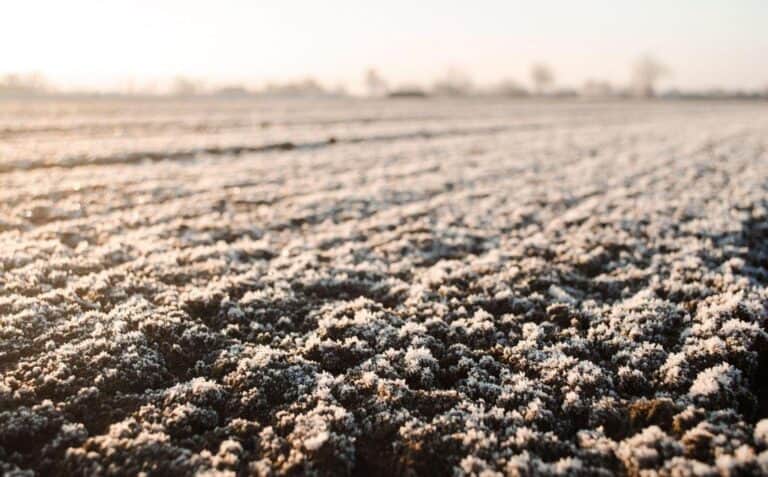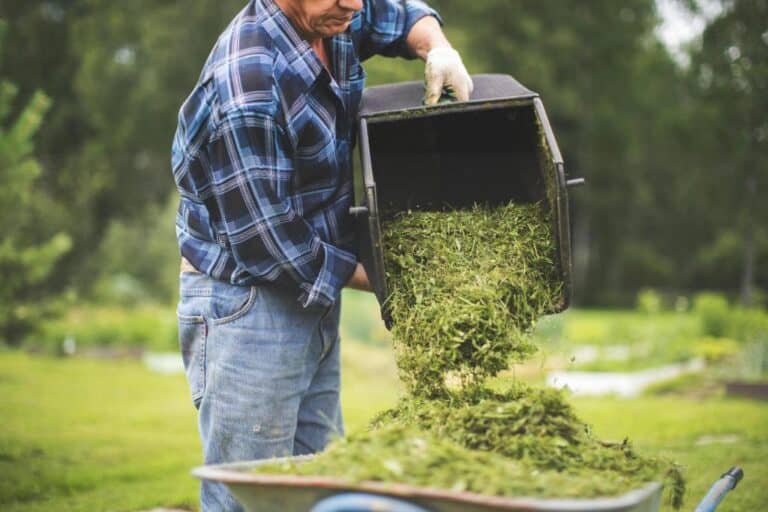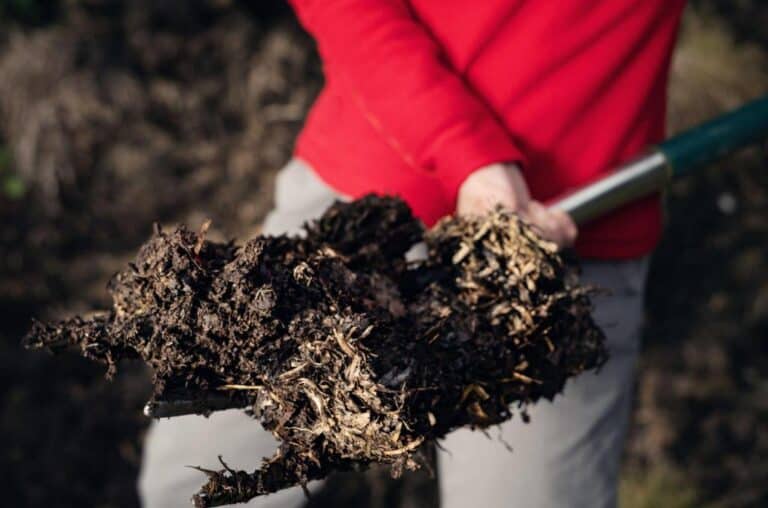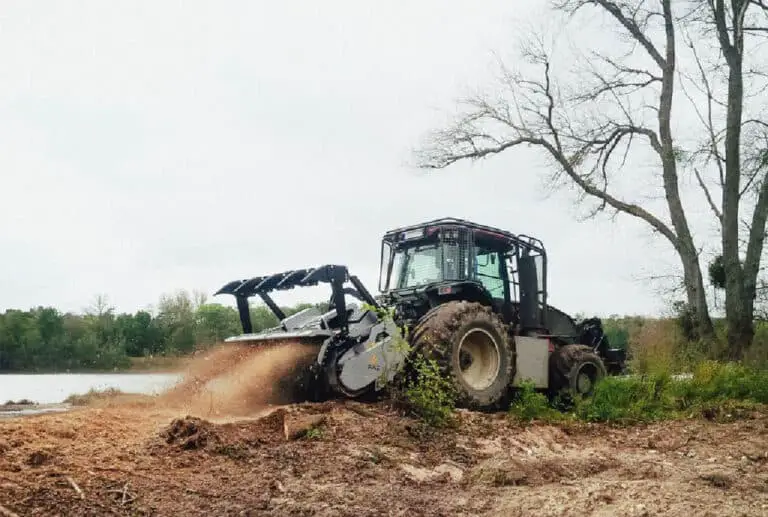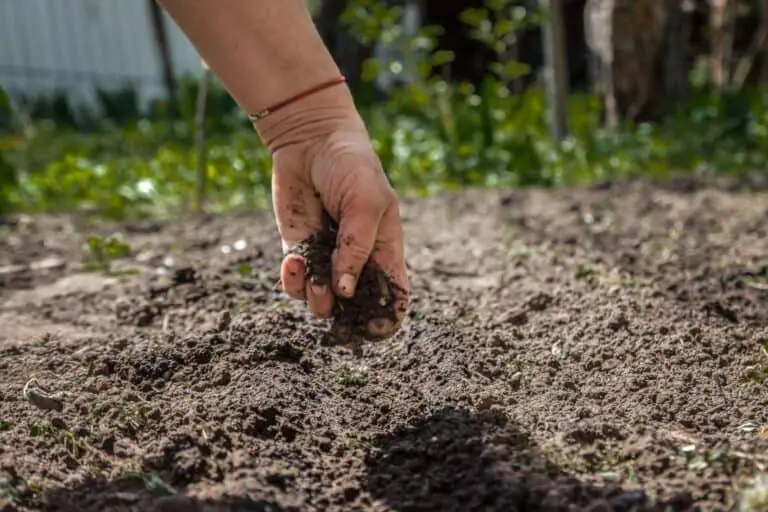How to Use Manure in Raised Garden Beds? Organic Garden Soil Enrichment
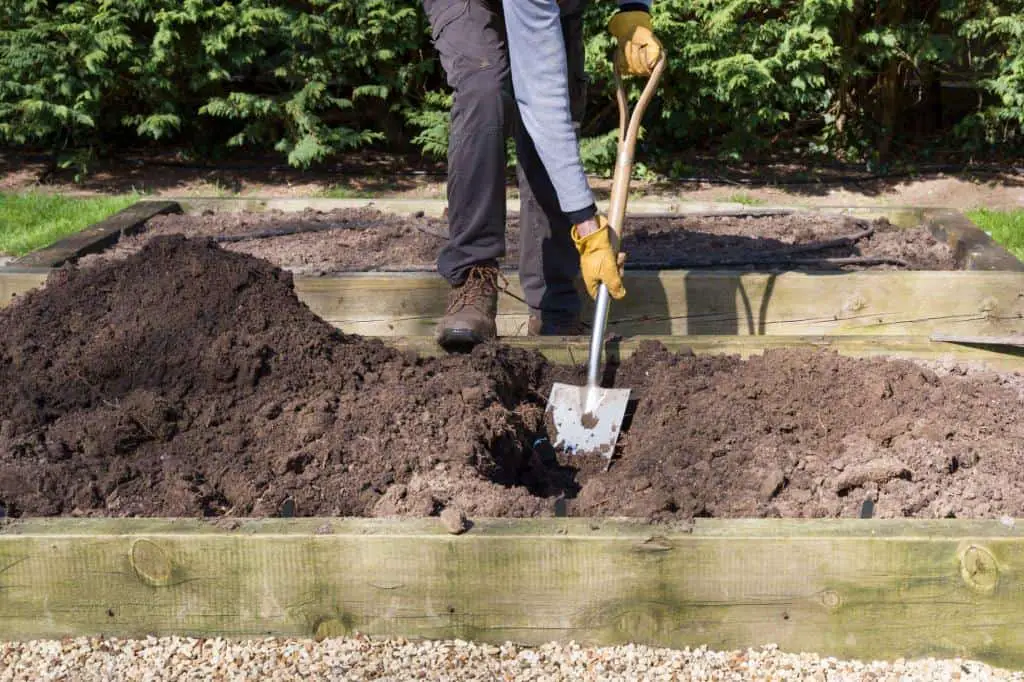
Lush, thriving garden beds are the crown jewel of any green space, but achieving that vibrant glory requires a little behind-the-scenes magic. That’s where humble yet mighty manure comes into play, transforming ordinary raised beds into a nutrient-rich haven for your plants.
In this article, we’re diving deep into the art of using manure in raised garden beds, a sustainable practice that can make your garden dreams come true. Imagine it as a secret ingredient, a powerful elixir that fortifies your soil and helps your plants flourish, all while staying organic and eco-friendly.
Whether you’re a seasoned gardener or just starting your horticultural journey, we’re about to unlock the mysteries of soil enrichment using manure. From choosing the right type of manure to finding the perfect application method, we’ve got you covered. Your raised garden beds are about to become a haven of health and abundance, and your plants will thank you with vibrant, robust growth.
So, let’s dig in and discover how to use manure for organic garden soil enrichment.
Introduction to Using Manure in Raised Garden Beds
Gardening is a deeply rewarding pursuit, a harmonious dance between nature and nurture. And when it comes to nurturing your plants, raised garden beds are a technique that’s gaining immense popularity among gardening enthusiasts.
In this section, we’ll delve into the art of raised garden beds, what they are, and why they’ve become a cornerstone of modern gardening. Additionally, we’ll explore the invaluable role that manure plays in these beds, unlocking the secret to thriving, flourishing gardens.
What Are Raised Garden Beds?
Imagine a canvas, but instead of paint, you have soil. Raised garden beds are precisely that – elevated platforms or containers filled with soil that serve as the canvas for your gardening masterpiece.
They provide a contained space for cultivating plants, creating a controlled environment where you call the shots. These beds are often framed with wood, stone, or other materials, offering not just practicality but an aesthetic touch to your garden.
The concept is simple but brilliant: by elevating the soil level, you gain greater control over the quality and composition of your soil. It’s like providing a VIP lounge for your plants, ensuring they have the best seat in the house to grow, flourish, and thrive. No more competing with weeds or dealing with poor drainage; raised garden beds elevate your gardening game.
Why Use Manure in Gardening?
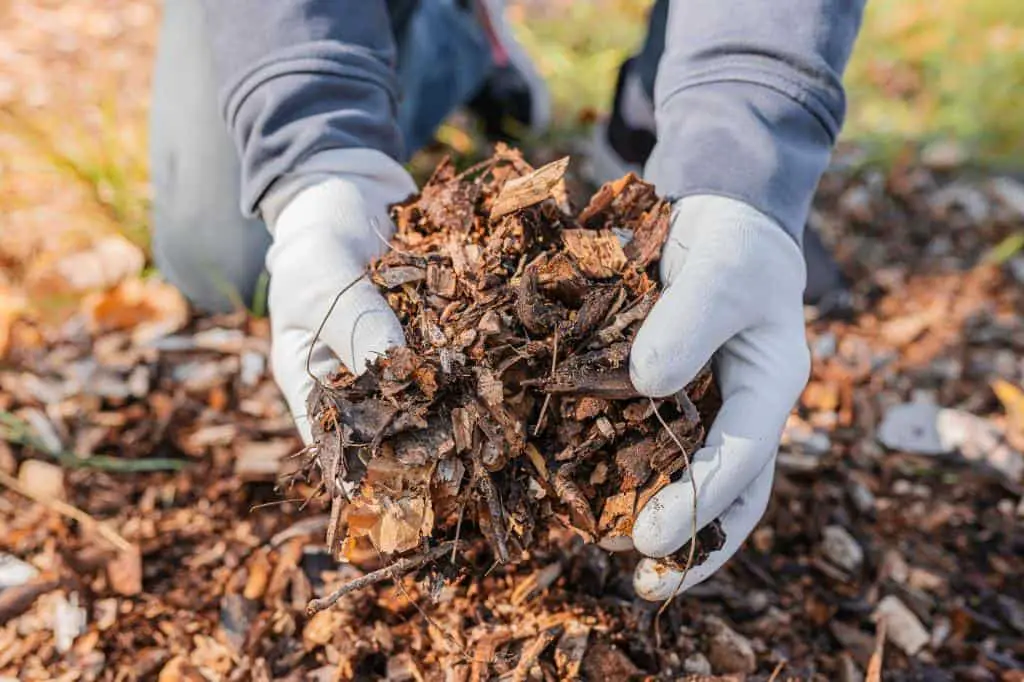
Manure is a valuable soil amendment for gardening, as it provides primary nutrients such as nitrogen, phosphorus, and potassium, as well as micronutrients for plant growth. Using manure in raised garden beds offers a wide array of benefits. One of the foremost advantages is the enrichment of your soil with essential nutrients, which in turn fosters robust plant growth.
Beyond nutrient enhancement, manure also contributes to an improved soil structure. This improved structure makes it easier for plant roots to penetrate the soil and access the vital nutrients they require for healthy development.
Raised garden beds provide a customized haven for your plants, and manure is the key to unlocking their full potential. It’s the elixir that transforms ordinary soil into a fertile, nurturing environment where your garden can thrive.
In the following sections, we’ll explore the practical aspects of using manure in raised garden beds, from selecting the right type of manure to the precise techniques for application.
So put on your gardening gloves and get ready to embark on a journey of growth, beauty, and abundance.
How to Use Manure in Raised Garden Beds? (Step-by-Step Guide)
Now, let’s dive into the practical steps to get your garden beds ready for manure enrichment.
Step 1. Choose the Right Manure
Not all manure is created equal. Different animals produce manure with varying nutrient levels. Here’s a quick rundown:
| Manure Type | N-P-K Ratio | Common Sources |
| Cow | 0.6-0.2-0.5 | Dairy farms, ranches |
| Horse | 0.7-0.3-0.6 | Stables, farms |
| Chicken | 1.1-0.8-0.5 | Poultry farms |
| Sheep | 0.7-0.3-0.9 | Sheep farms |
Choose manure that’s readily available in your area. Horse and cow manure are often easy to find, but chicken and sheep manure can also work wonders. The key is to ensure the manure is well-aged or composted to avoid burning your plants with excessive ammonia.
Step 2. Prepare Your Garden Beds
Now that you’ve chosen your manure, it’s time to prepare your raised garden beds. Follow these steps:
- Clear the existing vegetation and weeds from your beds.
- Loosen the soil to improve aeration and drainage.
- Ensure your raised beds have good drainage to prevent waterlogging.
- Add a layer of compost to further enrich the soil.
Step 3. Apply Manure Wisely
Manure is potent, so it’s crucial to apply it correctly to avoid over-fertilization. Here’s how:
- Spread a layer of well-rotted manure evenly over your prepared garden bed.
- Use approximately 1 to 2 inches of manure for every square foot of garden bed.
- Avoid direct contact between manure and plant roots, as this can damage them.
- Incorporate the manure into the soil by gently tilling or raking it in.
Step 4. Timing Matters
When you apply manure, timing also matters. The best time is in the fall or early spring, well before planting season. This gives the manure time to break down and integrate with the soil, providing a steady source of nutrients for your plants.
Step 5. Monitor and Maintain
Once your manure is incorporated, it’s essential to monitor your garden beds. Regularly check for signs of over-fertilization, such as yellowing leaves or stunted growth. Adjust your manure application accordingly.
Benefits of Manure-Enriched Garden Beds
Manure-enriched garden beds are the secret sauce behind vibrant, thriving gardens that seem to defy nature’s bounds. In this section, we’ll take a closer look at the manifold benefits that manure brings to your garden beds, elevating them from ordinary to extraordinary.
- Nutrient-Rich Soil: Manure is a treasure trove of essential nutrients. It’s teeming with nitrogen, phosphorus, potassium, and other elements that plants crave for their growth. These nutrients are like vitamins and minerals for your garden, ensuring your plants are not just alive but thriving.
- Organic Matter Magic: Manure is not just about the nutrients; it’s also about organic matter. It enriches your soil’s structure, making it loamy and inviting roots to explore. This improves aeration and drainage, prevents waterlogging, and creates the ideal foundation for your garden.
- Beneficial Microbes: Beneath the surface, an invisible army of microorganisms is hard at work. Manure serves as a feast for these beneficial soil microbes. They break down the organic matter in manure, converting it into forms that plants can readily absorb. In return, these microbes help maintain a healthy soil ecosystem.
- Sustainable Gardening: In a world increasingly conscious of sustainability, manure stands out as a shining example of recycling at its finest. By using manure in your garden, you’re taking waste products and turning them into something profoundly productive. It’s a win-win for both your garden and the environment.
- Water Retention: Manure enhances your soil’s water-holding capacity. It acts like a sponge, soaking up moisture during rainy spells and gradually releasing it to your plants during dry periods. This means less frequent watering and a more resilient garden, even in unpredictable weather.
- Reduced Need for Synthetic Fertilizers: Manure can substantially reduce or eliminate the need for synthetic fertilizers, which can be expensive and harmful to the environment if overused. By choosing manure, you’re taking a more eco-friendly approach to gardening.
Composting Manure for Garden Use
Composting manure is a crucial step in preparing it for garden use, and it’s all about transforming what might seem like a waste product into a powerhouse of plant nutrition.
This process involves carefully managing the decomposition of manure, allowing it to break down into a stable, nutrient-rich material that’s safe and beneficial for your garden.
The Composting Process:
Composting manure is a bit like orchestrating a symphony of decomposition. Here’s a simplified breakdown of the process:
- Collection: Begin by collecting fresh manure from your chosen source, whether it’s from cows, horses, or chickens. Ensure that it’s free from contaminants like plastic or debris.
- Pile Formation: Create a compost pile with a blend of manure and carbon-rich materials like straw, leaves, or wood shavings. This balance provides the ideal carbon-to-nitrogen ratio for decomposition.
- Aeration: Regularly turn the pile to aerate it. Oxygen is essential for the microbial activity that breaks down the manure.
- Temperature Monitoring: As the composting process unfolds, the pile will heat up due to microbial activity. This heat is a sign that decomposition is happening.
- Curing: After several months, the composted manure should stabilize. It will look and smell like rich, dark soil, indicating that it’s ready for use in your garden.
Balancing Nutrients in Raised Bed Gardens
Balancing nutrient levels in raised bed gardens is crucial to ensuring healthy plant growth and preventing over-fertilization. When incorporating manure into your raised beds, understanding how to strike the right nutrient balance is essential. Manure can be a valuable source of nutrients, but using it in excess can lead to imbalances that harm your plants and the environment.
One effective strategy is to conduct a soil test before adding manure to your raised beds. Soil tests provide insights into your garden’s nutrient composition, allowing you to tailor your manure application accordingly. Typically, manure should be mixed with other organic matter, like compost, to create a nutrient-rich but balanced soil mixture. This blend helps plants access essential nutrients while minimizing the risk of over-fertilization.
Another vital aspect is considering the type of manure you’re using. Different animals produce manure with varying nutrient profiles. For instance, chicken manure is rich in nitrogen, while cow manure has a more balanced nutrient profile.
By understanding the characteristics of the manure you’re working with, you can make informed decisions about how much to apply and when. By following these guidelines, you can harness the benefits of manure in your raised bed gardens while maintaining a nutrient balance that promotes optimal plant health and growth.
| Tips for Balancing Nutrients in Raised Beds |
| 1. Conduct a soil test before applying manure to determine nutrient levels. |
| 2. Mix manure with compost or other organic matter to create a balanced soil mixture. |
| 3. Consider the nutrient content of the specific manure type you’re using. |
| 4. Apply manure in moderation and avoid over-fertilizing your raised beds. |
Manure Safety Precautions
While manure is an excellent natural fertilizer, it’s essential to follow a few safety precautions:
- Avoid Fresh Manure: Never use fresh manure directly on your garden beds, as it can contain harmful pathogens.
- Wash Hands Thoroughly: After handling manure, wash your hands thoroughly to prevent the spread of bacteria.
- Composting: Composting manure for several months before use eliminates potential pathogens and reduces the risk of burning plants.
In Conclusion
Gardening enthusiasts know that success begins with the soil beneath their feet. And when it comes to nurturing healthy plants, there’s a natural and sustainable way to achieve incredible results: using manure in raised garden beds.
In this comprehensive guide, we’ll explore the art and science of organic garden soil enrichment. Whether you’re a seasoned green thumb or just starting, read on to discover how to make your garden thrive with the magic of manure.
Using manure in raised garden beds is a time-tested method to enrich your soil naturally. It’s an eco-friendly, sustainable, and cost-effective way to ensure your plants receive the nutrients they need to thrive. With the right approach and care, you’ll enjoy a flourishing garden that rewards you with bountiful harvests year after year. Happy gardening!
FAQs on Gardening With Animal Manure
What type of manure is best for raised garden beds?
Well-rotted cow or horse manure is often preferred for raised beds. They provide a balanced mix of nutrients and improve soil structure without excessive nitrogen. Chicken manure is also valuable but should be composted thoroughly to avoid nitrogen burn.
How should I prepare and compost manure before using it in my garden?
To prepare manure for raised beds, wait and compost fresh manure for at least six months to a year. Turn the pile regularly, maintain proper moisture, and ensure it reaches a temperature of 130-160°F (54-71°C) to kill pathogens and weed seeds.
What are the potential risks of using fresh manure in raised garden beds?
Fresh manure can introduce harmful pathogens and burn plant roots due to its high ammonia content. It’s advisable to compost or age manure to eliminate these risks before using it in your garden.
Can I use manure in a no-till raised bed gardening approach?
Yes, you can. Apply well-composted manure as a top dressing or incorporate it into the top few inches of soil without tilling to maintain the benefits of no-till gardening.
How frequently should I apply manure to maintain soil fertility in my raised garden beds?
Apply composted manure once a year in the spring or fall to maintain soil fertility. Avoid over-application, as excessive manure can lead to nutrient imbalances and nutrient runoff.
What is the benefit of using manure in raised garden beds?
What is the benefit of using manure in raised garden beds?
How should I incorporate manure into the soil of my raised garden beds?
Gardeners can use various methods, such as mixing manure into the soil before planting, side-dressing plants, or creating a manure tea for application.
Is it necessary to age or compost manure before using it in raised beds?
Composting or aging manure is recommended to reduce the risk of pathogens and to ensure that nutrients are readily available to plants.
Can I use manure from my backyard chickens or livestock in raised beds?
Yes, you can use manure from your own animals, but it’s important to compost it properly and follow guidelines to ensure it’s safe for your garden.

